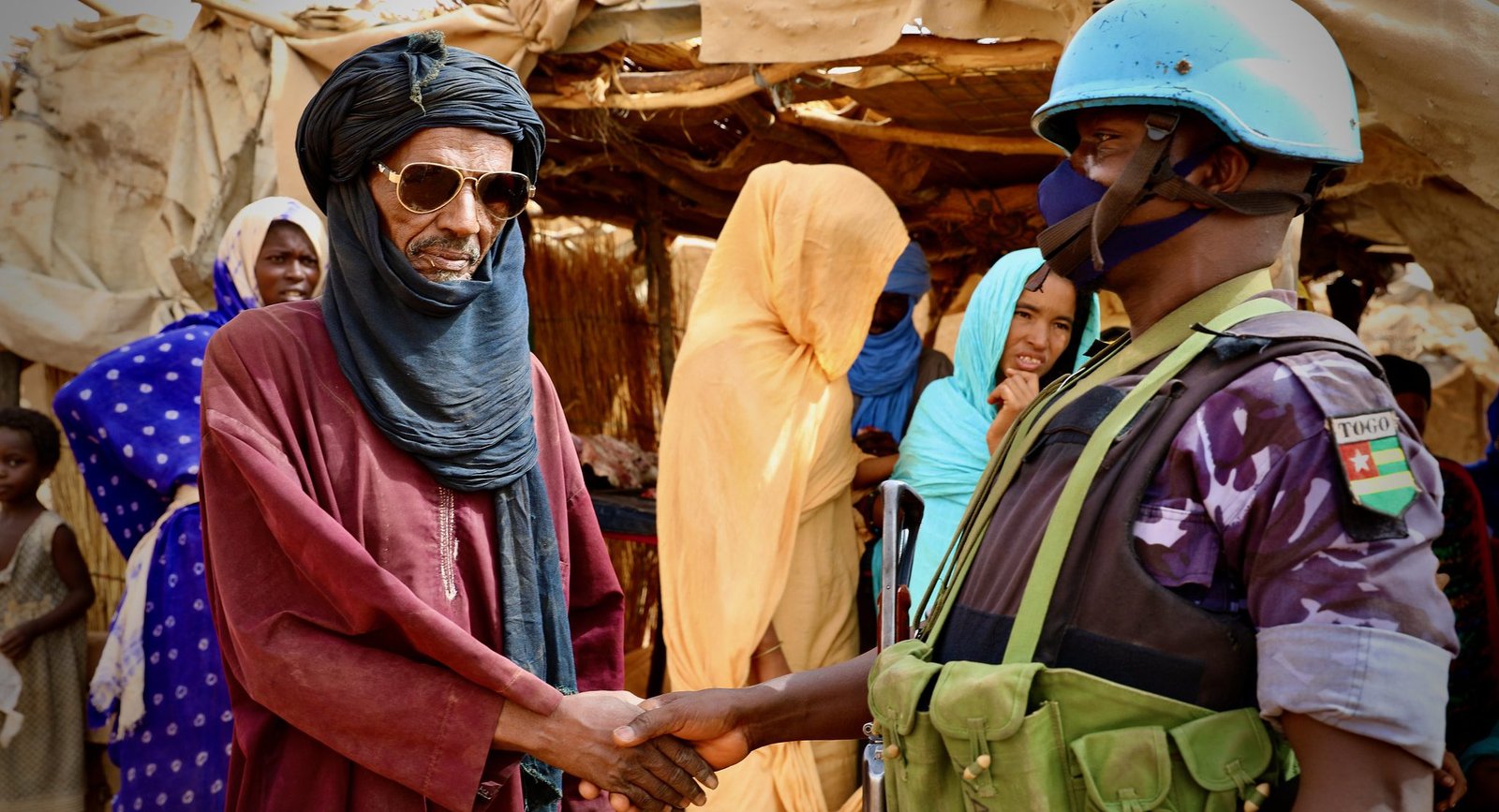The Rise of Religious Extremism
Religious extremism is a growing concern worldwide, as it poses significant threats to peace, stability, and social cohesion. It manifests in various forms, fueled by radical ideologies that promote violence and intolerance. Governments, organizations, and individuals across the globe have recognized the urgent need to address this issue and have initiated a global response to combat religious extremism.
Understanding the Root Causes
In order to effectively address religious extremism, it is crucial to understand its root causes. Factors such as socio-economic disparities, political grievances, lack of education, and religious misinterpretations contribute to the rise of extremism. By addressing these underlying issues, societies can work towards preventing the radicalization of individuals and communities.
The Role of Governments
Governments play a vital role in countering religious extremism. They are responsible for implementing policies and strategies that promote religious freedom, tolerance, and dialogue. Additionally, governments need to ensure the protection of human rights and create an inclusive society that embraces diversity. By fostering an environment of understanding and respect, governments can reduce the appeal of extremist ideologies.
One example of a government’s response to religious extremism is the Kingdom of Saudi Arabia’s efforts to combat radicalization. The country has implemented various initiatives, such as the establishment of the Global Center for Combating Extremist Ideology (Etidal) and the promotion of moderate Islamic teachings.
Collaboration between International Organizations
The fight against religious extremism requires international cooperation and collaboration. Various international organizations, such as the United Nations, have taken steps to address this issue. The United Nations Alliance of Civilizations (UNAOC) aims to promote intercultural dialogue and understanding, fostering peaceful coexistence among different religious and cultural communities.
Another example is the Global Counterterrorism Forum (GCTF), which brings together governments and experts to develop innovative approaches to counter extremism. By sharing best practices and coordinating efforts, these organizations contribute to a comprehensive global response against religious extremism.
Community Engagement and Education
Engaging communities and promoting education are essential in countering religious extremism. Local initiatives that focus on promoting dialogue, tolerance, and understanding can have a significant impact in preventing radicalization. By empowering individuals with knowledge and critical thinking skills, communities can reject extremist ideologies and promote peaceful coexistence.
One successful community-based initiative is the “Strong Cities Network” (SCN), launched by the Institute for Strategic Dialogue. The SCN brings together local governments, law enforcement agencies, and communities to share experiences and develop strategies to prevent and counter extremism at the local level.
Countering Online Radicalization
The internet has become a powerful tool for spreading extremist ideologies. Countering online radicalization is crucial in the global response to religious extremism. Governments and tech companies have taken steps to remove extremist content and promote counter-narratives online.
For example, the Global Internet Forum to Counter Terrorism (GIFCT) is an industry-led initiative that aims to prevent the spread of terrorist and extremist content online. It brings together major tech companies to develop and share best practices in combating online radicalization.
Conclusion
The global response to religious requires a multi-faceted approach, involving governments, international organizations, communities, and individuals. By addressing root causes, promoting dialogue, and countering online radicalization, societies can work towards creating a more peaceful and tolerant world. The fight against religious extremism is an ongoing challenge, but with concerted efforts and collaboration, it is possible to mitigate its impact and build a future based on respect and understanding.



































